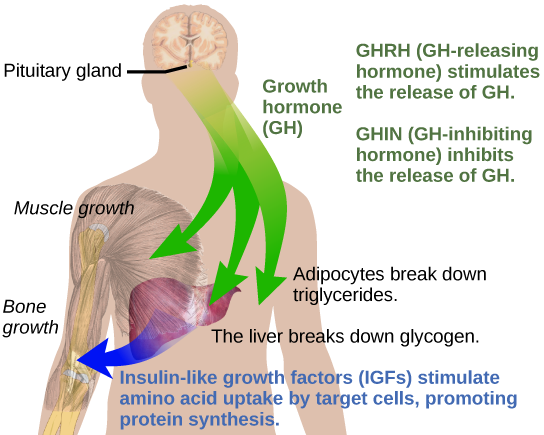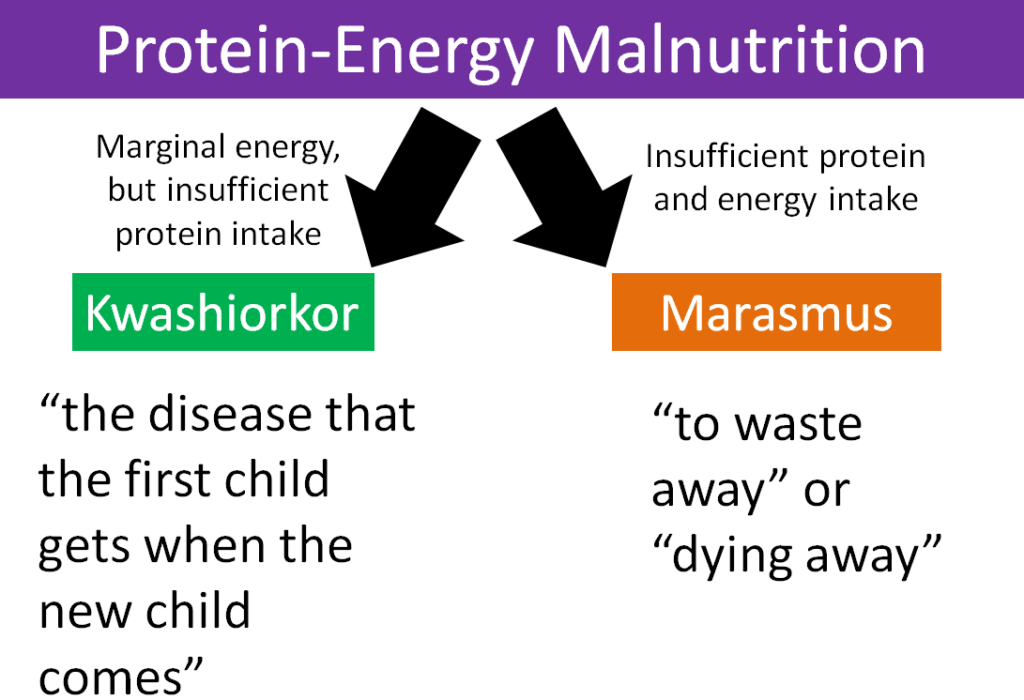Protein deficiency, commonly referred to as Kwashiorkor, is a severe form of malnutrition that primarily affects children in developing countries. This condition arises when there is an insufficient intake of protein in the diet, leading to a range of physical and developmental issues. Kwashiorkor can have devastating effects if left untreated, but with early intervention, it is possible to manage and reverse its impact. In this article, we will explore the causes, symptoms, and treatment options for this condition.

Understanding Protein Deficiency
Protein is one of the essential macronutrients required by the body to perform vital functions such as building and repairing tissues, supporting immune function, and producing enzymes and hormones. When the body does not receive enough protein, it begins to break down muscle tissue and other vital structures to meet its needs. Over time, this leads to a host of health problems, including the development of Kwashiorkor.
What Happens in the Body During Protein Deficiency?
When the body lacks adequate protein, several physiological changes occur:
- The liver struggles to produce sufficient plasma proteins, which are crucial for maintaining fluid balance in the body.
- Immune function weakens, making individuals more susceptible to infections and illnesses.
- Muscle wasting occurs as the body breaks down muscle tissue to obtain amino acids.
- Growth and development are stunted, particularly in children.
These changes manifest in visible symptoms that are characteristic of Kwashiorkor.
Causes of Protein Deficiency
There are several factors that contribute to the development of protein deficiency. Understanding these causes is essential for preventing and addressing the condition effectively.
Inadequate Dietary Intake
The primary cause of protein deficiency is a diet that lacks sufficient protein-rich foods. This is often seen in regions where poverty, food insecurity, and limited access to diverse food sources are prevalent. Diets that rely heavily on staple carbohydrates like rice, maize, or cassava without adequate inclusion of protein sources such as meat, fish, eggs, legumes, or dairy products can lead to this condition.
Weaning Practices
In many cultures, children are weaned off breast milk too early and transitioned to diets that are low in protein. Breast milk is a rich source of protein and other essential nutrients, and replacing it with nutrient-poor alternatives can quickly result in malnutrition.
Economic and Social Factors
Poverty and lack of education about nutrition play significant roles in the prevalence of protein deficiency. Families living in impoverished conditions may not have the financial means to purchase protein-rich foods. Additionally, cultural beliefs and practices may influence dietary choices, further limiting access to necessary nutrients.
Underlying Health Conditions
Certain medical conditions can increase the risk of protein deficiency. For example, chronic illnesses such as HIV/AIDS, tuberculosis, or gastrointestinal disorders can impair nutrient absorption and utilization. Inflammatory conditions may also increase the body’s demand for protein, exacerbating the effects of a low-protein diet.
Symptoms of Protein Deficiency
The symptoms of protein deficiency vary depending on the severity and duration of the condition. Early signs may be subtle, but as the deficiency progresses, they become more pronounced and debilitating.
Physical Signs
One of the most noticeable symptoms of protein deficiency is swelling, particularly in the abdomen, legs, and feet. This swelling, known as edema, occurs due to the body’s inability to maintain proper fluid balance. Other physical signs include:
- Hair changes: Hair may become thin, brittle, and lose its natural color.
- Skin changes: The skin may develop patches of depigmentation, flakiness, or lesions.
- Muscle wasting: Loss of muscle mass is common, especially in the arms and legs.
- Growth retardation: Children with protein deficiency often experience stunted growth and delayed development.
Behavioral and Cognitive Symptoms
Protein deficiency can also affect mental and emotional well-being. Individuals may exhibit:
- Irritability and lethargy
- Difficulty concentrating
- Delayed cognitive development in children
These symptoms can significantly impact daily life and overall quality of life.
Immune System Impairment
A weakened immune system is another hallmark of protein deficiency. Individuals may experience frequent infections, slow wound healing, and an increased susceptibility to illnesses. This makes them more vulnerable to complications and further health deterioration.
Treatment of Protein Deficiency
Treating protein deficiency requires a comprehensive approach that addresses both the immediate nutritional needs and the underlying causes of the condition. Early intervention is critical to prevent long-term damage and improve outcomes.
Nutritional Rehabilitation
The cornerstone of treatment is providing a diet rich in high-quality protein. This typically involves:
- Introducing protein-rich foods such as eggs, fish, meat, legumes, and dairy products.
- Supplementing with ready-to-use therapeutic foods (RUTFs) in severe cases. These are specially formulated products designed to provide essential nutrients in an easily digestible form.
- Gradually increasing caloric and protein intake to avoid refeeding syndrome, a potentially dangerous condition that can occur when reintroducing nutrients too quickly.
Medical Management
In addition to dietary interventions, medical management may be necessary to address complications associated with protein deficiency. This includes:
- Treating infections or illnesses that may have developed due to a weakened immune system.
- Administering vitamin and mineral supplements to correct deficiencies and support recovery.
- Monitoring fluid balance to manage edema and prevent dehydration.
Education and Prevention
Preventing protein deficiency requires addressing the root causes of malnutrition. This involves:
- Educating communities about the importance of a balanced diet and proper nutrition.
- Implementing programs to improve food security and access to diverse food sources.
- Promoting breastfeeding and appropriate weaning practices to ensure children receive adequate nutrition during critical stages of development.
Long-Term Support
Recovery from protein deficiency is not always immediate, and ongoing support is often necessary. Regular follow-up visits with healthcare providers can help monitor progress and make adjustments to the treatment plan as needed. Additionally, addressing socioeconomic factors such as poverty and lack of education is essential for preventing recurrence.
Conclusion
Protein deficiency is a serious condition that can have lasting effects on physical and cognitive development. By understanding its causes, recognizing its symptoms, and implementing effective treatment strategies, it is possible to mitigate its impact and improve the health and well-being of affected individuals.





